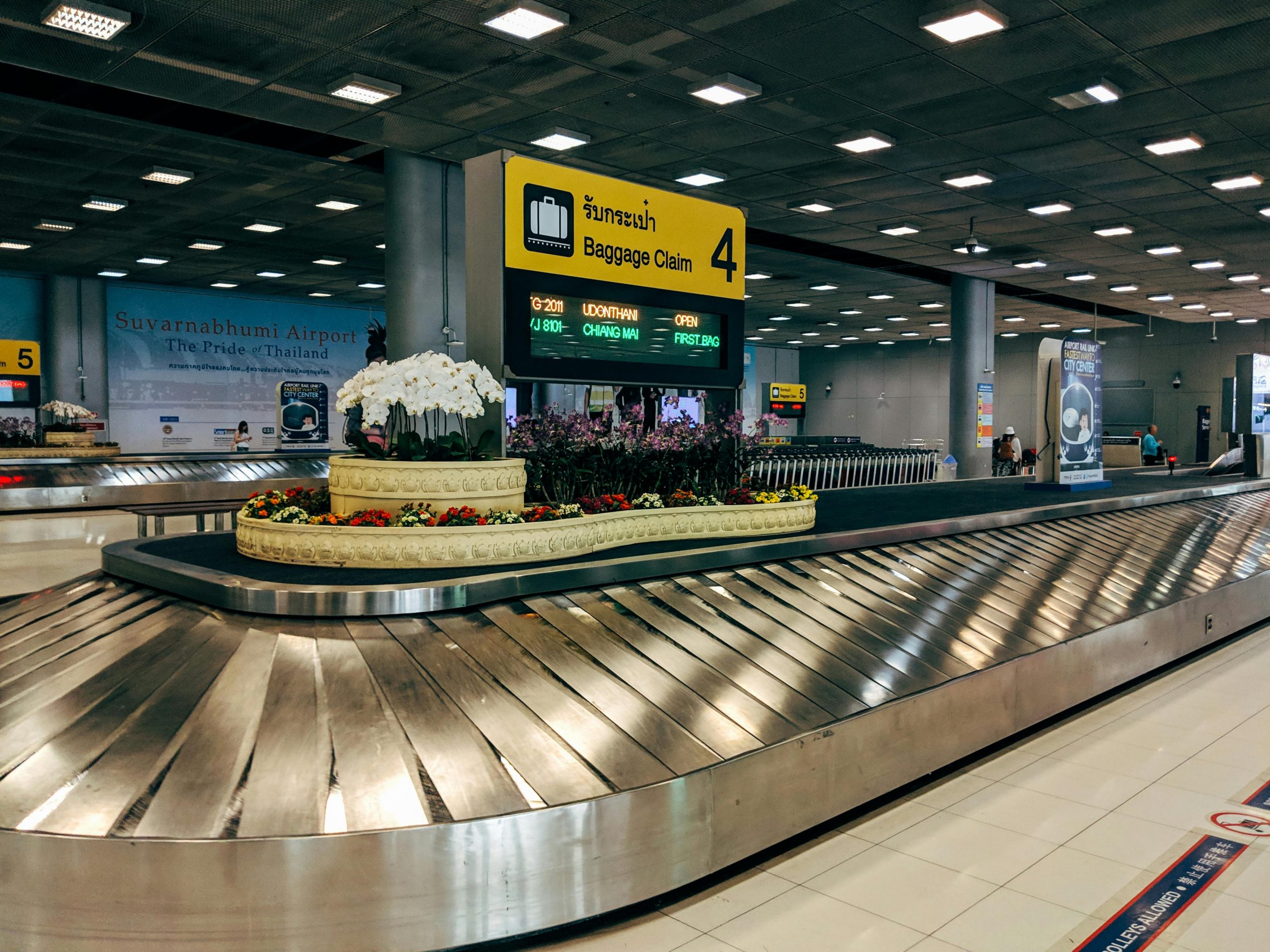Title: Navigating Auto Injury Claims When Insurance Providers Experience Outages
Dealing with car damage caused by an impaired driver can be stressful enough, but what happens when your insurance company is temporarily unreachable? Recent incidents highlight the complexities that can arise, especially when an insurer faces unexpected system outages.
Imagine this scenario: Your parked vehicle is hit by a drunk driver while you’re sound asleep. Law enforcement confirms the incident and provides the offending driver’s insurance details. However, when you reach out to the insurance company—say, Erie Insurance—you’re told they are experiencing technical difficulties. Reports suggest their claim processing systems are down, potentially due to cybersecurity issues such as a ransomware attack, resulting in a reliance on manual, paper-based processes. With some sources indicating a downtime that could last weeks, you might be left wondering how to proceed.
In situations like this, one practical approach could be to utilize your own collision coverage. For example, if you have a policy with Geico, you might consider filing a claim directly with them to expedite repairs. This strategy could allow you to get your vehicle fixed sooner, restoring your mobility while the insurance company works behind the scenes to recover costs from Erie once their systems are back online.
It’s important to weigh the pros and cons. Using your collision insurance may involve your deductible—say, $500—but many providers, including Geico, often promise to seek reimbursement once they recover funds from the at-fault insurer. This approach could mitigate lengthy delays caused by administrative hold-ups due to the outage.
Before proceeding, consider consulting your insurance policies for guidance and speaking directly with your claims representative. Additionally, keep detailed records of all interactions and damages, as this documentation can be invaluable if compensation issues arise later.
Ultimately, in circumstances where an insurer’s operational disruptions threaten to delay necessary repairs, leveraging your own coverage for prompt service might be a sensible solution—helping you get back on the road faster while the insurance companies handle reimbursement behind the scenes.



